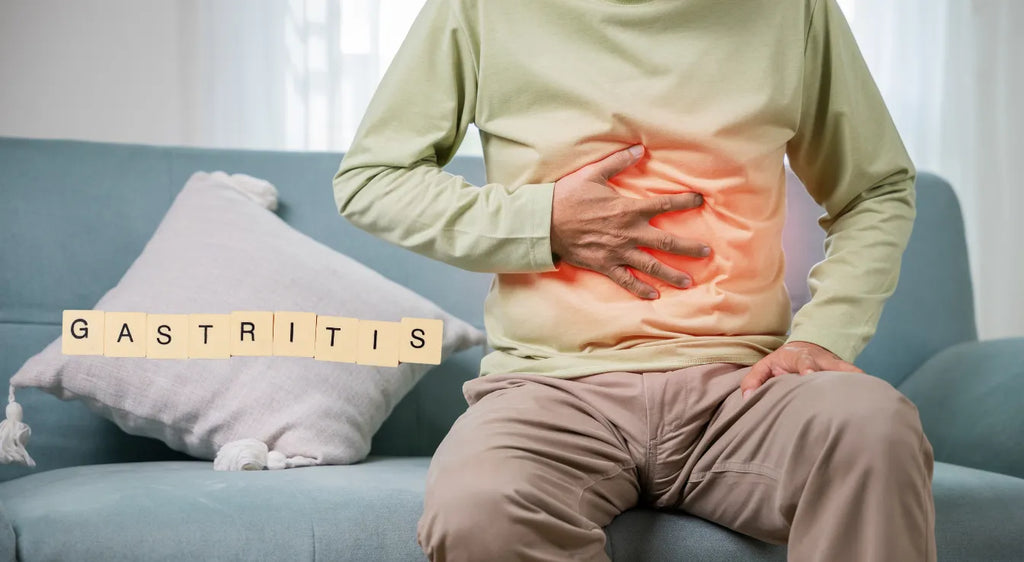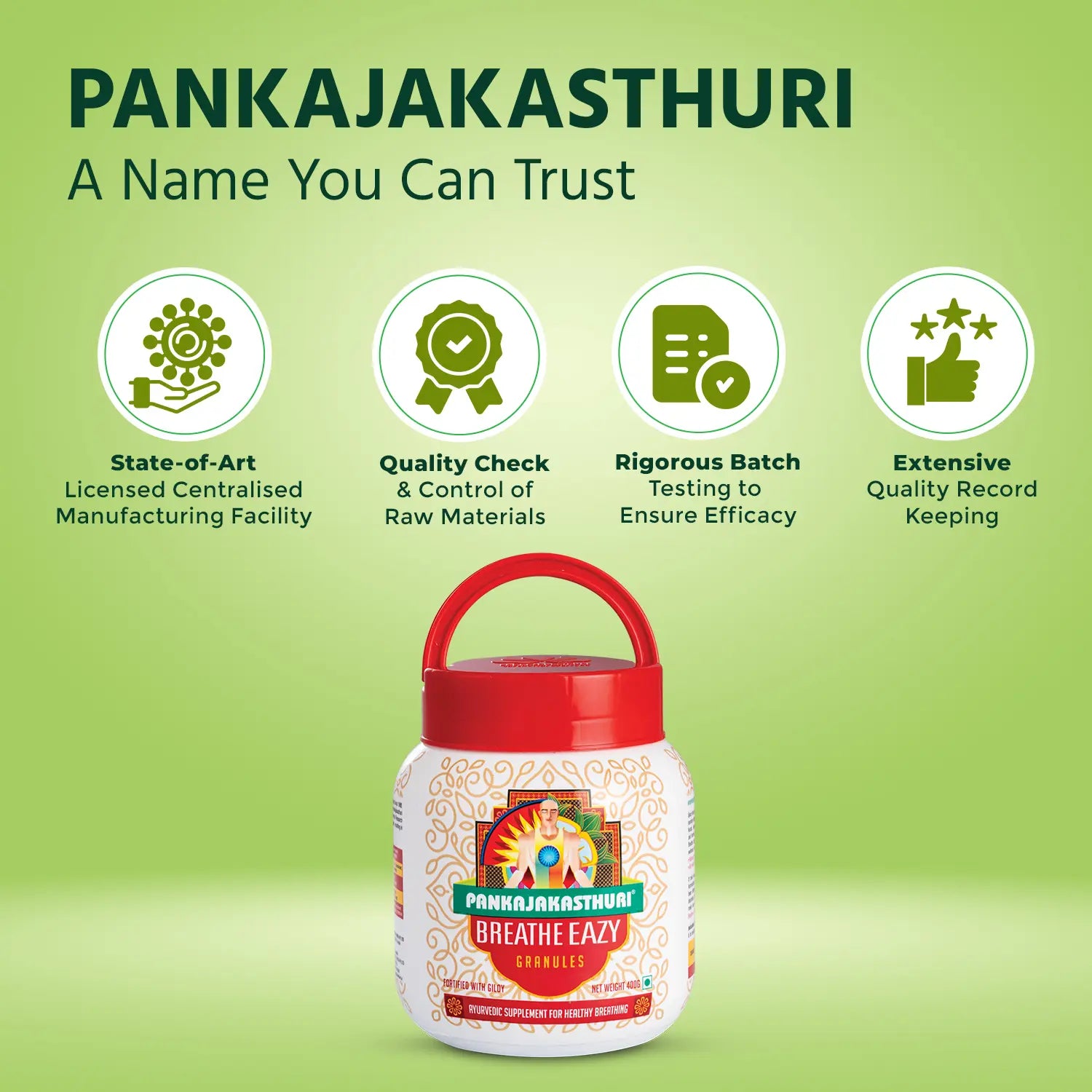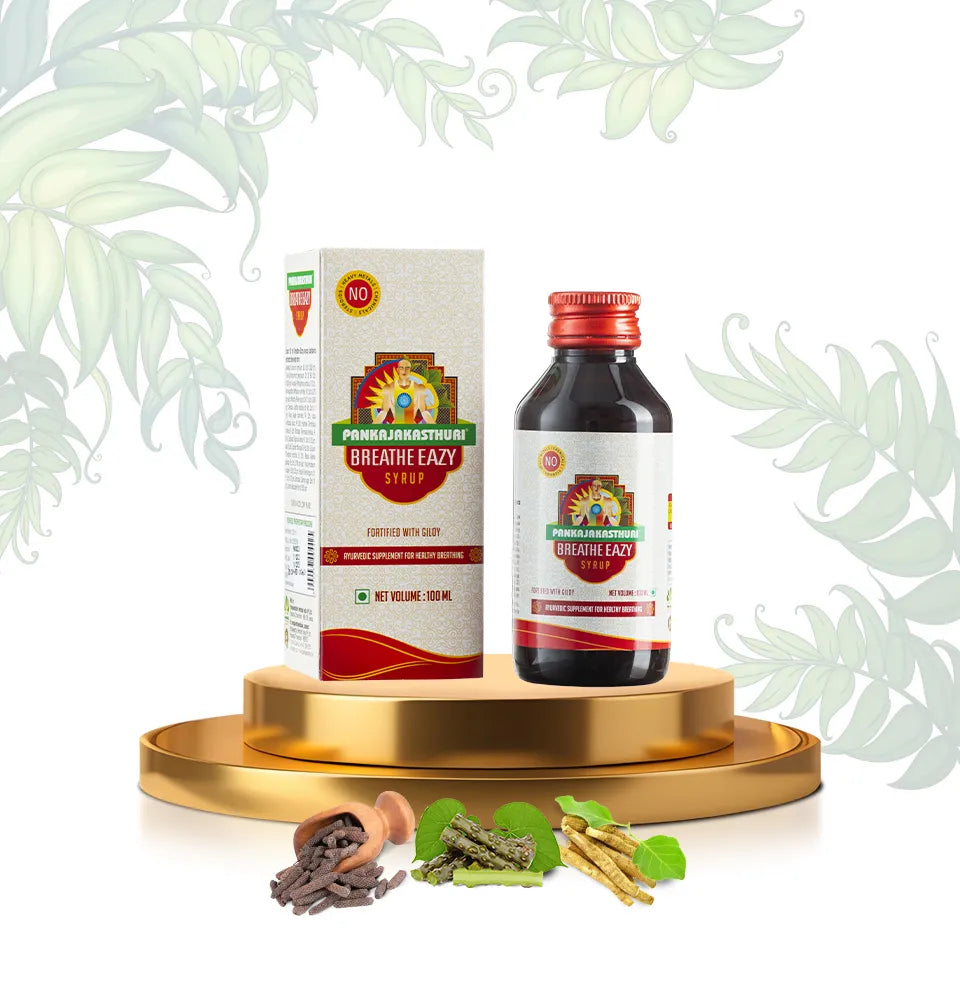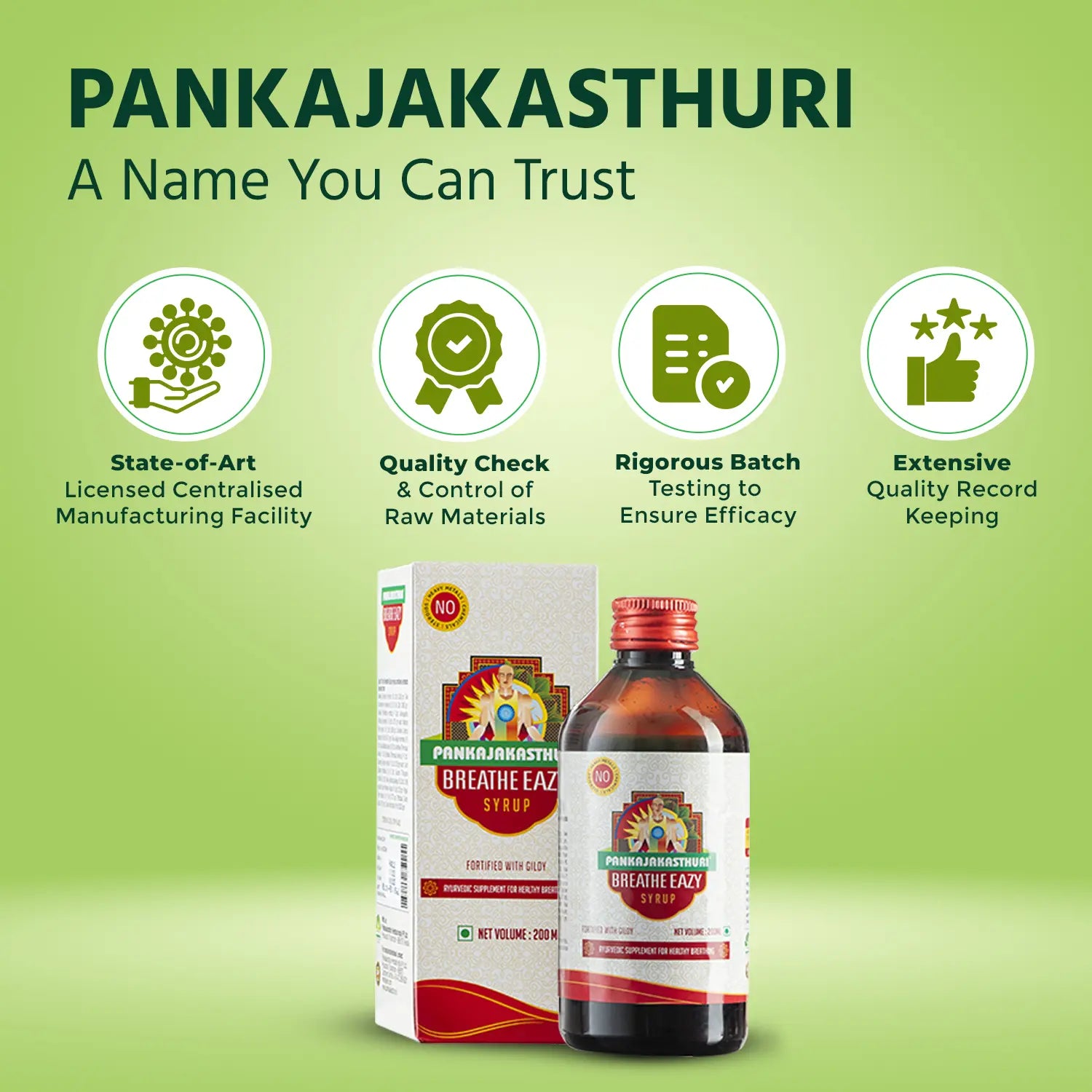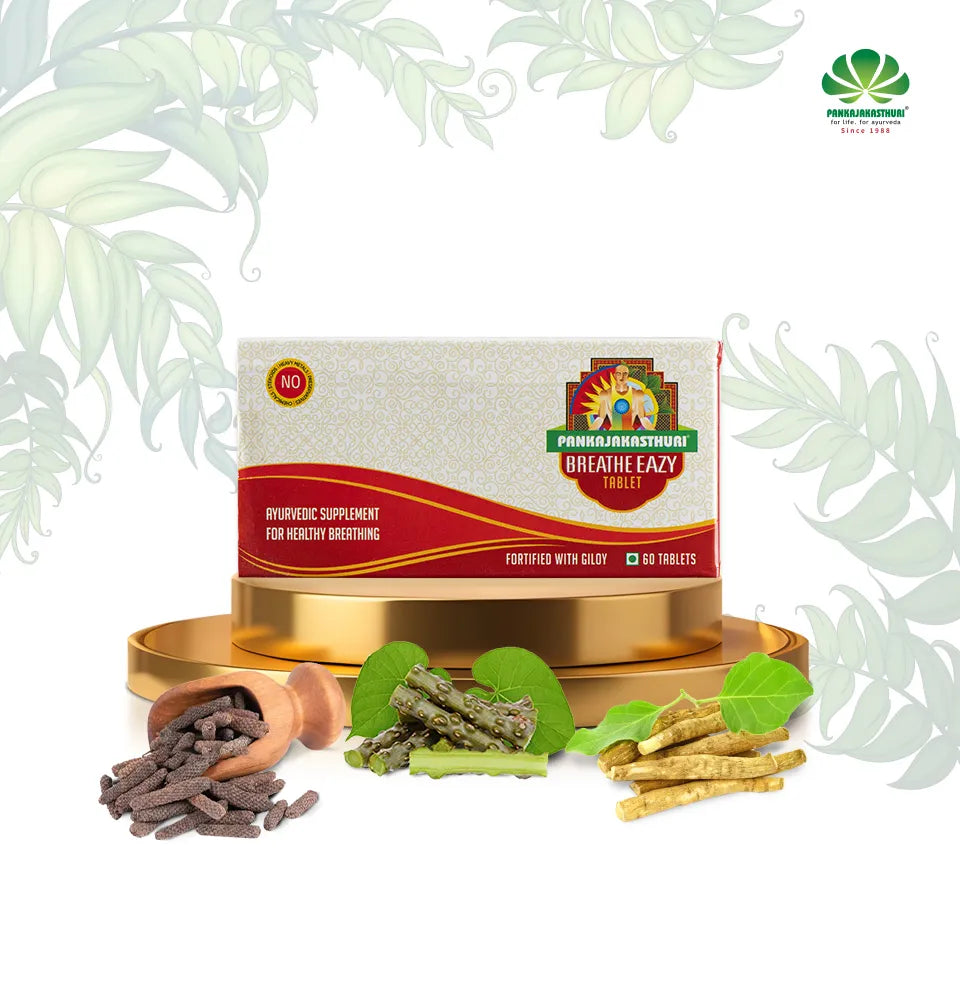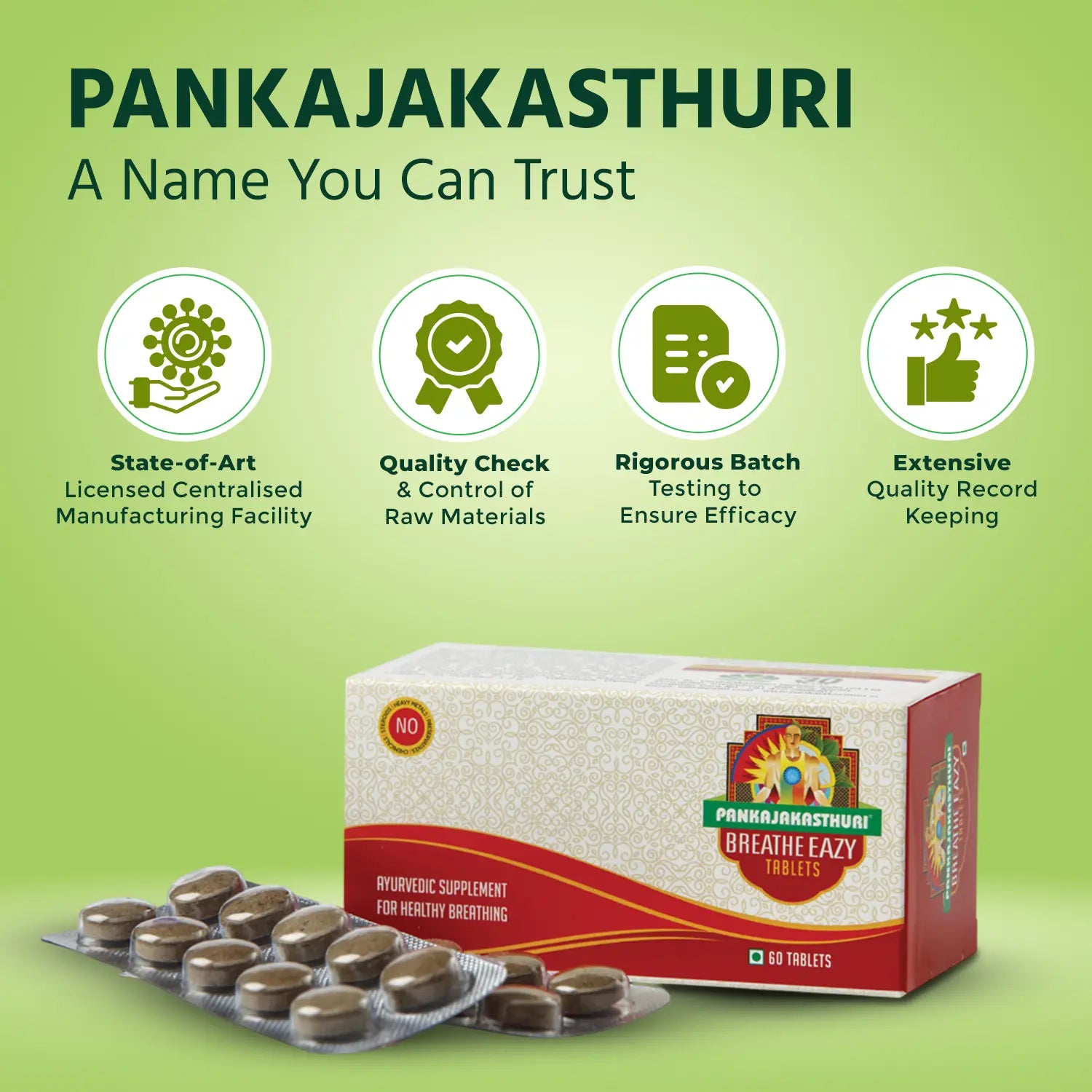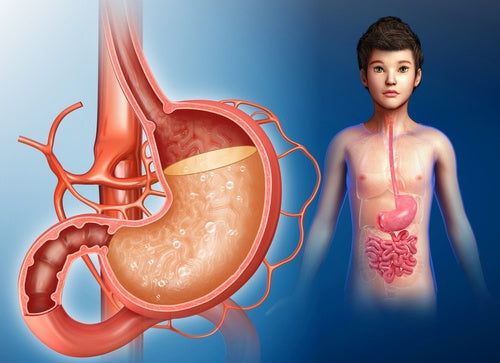
How To Control Gastric Problems?

Gastric problems are often chronic in nature, and if not managed properly, can lead to serious health conditions like Irritable Bowel Syndrome, abdominal hernias, and colon cancer. If you suffer from frequent gastric problems, then you must follow a healthy lifestyle and take the right medicines.
Here’s a rundown of 7 simple ways to manage gastric problems:
-
Gradually include fibre in your diet
Fibre helps regulate the digestive system by providing roughage (which helps the large intestine sweep waste products). Common food items such as whole grains, beans, and legumes are good sources of fibre. Gradually add fibre to your diet to prevent symptoms of bloating. It will also help regulate the bowel movements, manage blood glucose levels, and cholesterol levels. -
Increase fluid intake
Aim for 8-10 glasses of water per day (excluding liquids with caffeine, and alcohol) Fluids along with fibre keep your stool soft and easy to pass. -
Eat small quantities of meals frequently
Eat meals in small quantities/servings. For instance, you can plan to eat 5 to 6 mini-meals in a day by including snacks between main meals (breakfast, lunch, and dinner). You can carry healthy snacks such as almonds, granola, and fresh fruits with you.
You overload your stomach when you eat big meals. As a result, your stomach may not be able to properly digest the food as it should. This, in turn, can result in gas, bloating, heartburns, nausea, or vomiting. -
Avoid food items that hamper digestion
Food items such as deep-fried snacks, processed oils, fatty food items, and refined sugar and flour are not good for your digestive health. Fried food items take long to digest as they are low in fibre. As a result, you may suffer from bloating and feeling of fullness in the stomach.
Alcohol, coffee, sodas, and cigarettes can worsen your gastric problems and can even lead to stomach ulcers, heartburn, and excessive dehydration. -
Manage stress levels
Stress triggers the “fight or flight” response (aka acute stress response) in the central nervous system which impairs digestion by decreasing digestive secretions and affecting the contraction of the digestive muscles.
Learn to manage your stress for a better digestive health. Relaxation therapies such as yoga, muscle relaxation, and music therapy can help you effectively lower your stress levels. Getting enough sleep is also important in managing stress. Ensure that you get to bed every day at a reasonable hour. -
Exercise regularly
Exercise does more than just tone your muscles and keep your heart healthy; it also aids digestion. Exercising keeps food moving through your system which, in turn, reduces your chances of suffering from constipation.
If you don’t like going to the gym every day, then engage in activities that you like such as walking, hiking, jogging, running, swimming, and dancing. Early morning hours are the best time to exercise. Avoid exercising right after eating your meals. -
Follow proper meal timings
Improper meal timing is one of the most overlooked reasons for poor digestive health. The best time to eat your breakfast is between 7 am and 10 am. Have your lunch within 12.45 pm and your dinner between 7pm -10 pm.
Explore Ayurvedic medicines to manage your digestive problems.
Check Pankajakasthuri’s online Ayurvedic store
We, at Pankajakasthuri, use 100% natural herbs and ingredients in our Ayurvedic medicines to help you effectively manage digestive disorders and lead a healthy life.
Explore our Ayurvedic medicines at http://www.pankajakasthuri.in/
If you are suffering from symptoms like gas, constipation, heartburn, and bloating, then take measures to prevent them. Don’t ignore these symptoms because a healthy digestive system is important to support the rest of the body.






